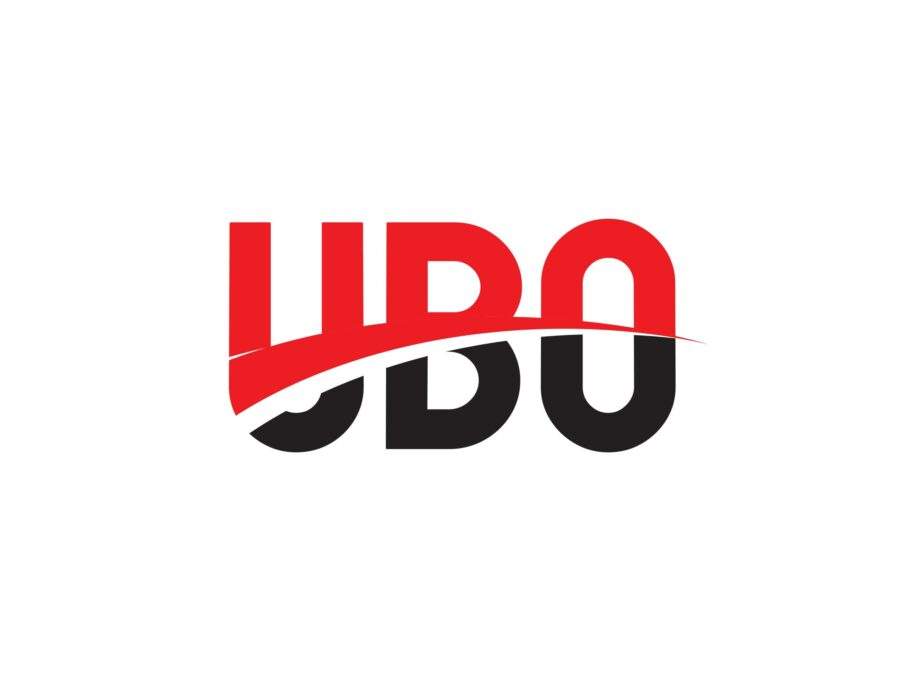
The Temporary Act COVID-19 Justice and Security is intended to enable remote meetings for legal entities and provides for an extension of the term for drawing up the annual accounts.
In response to the coronavirus, an Emergency Act came into force on 24 April 2020 with temporary provisions for all legal entities. The Temporary Act COVID-19 Justice and Security is intended to enable remote meetings for legal entities and provides for an extension of the term for drawing up the annual accounts. The Temporary Act applies until 1 September 2020, but can be extended by the government by two months at a time if necessary. Pim Lieffering explains for you the points of attention of the measures taken with regard to the private limited company (B.V.) and the association (vereniging).
Digital shareholders meeting
At present, many articles contain a provision for electronic voting at a general meeting. However, some articles of association do not provide for the possibility of a digital shareholder meeting. The purpose of the Emergency Act is to allow temporary derogations from legal and statutory provisions concerning the holding of physical meetings and related time limits and sanctions.
On the basis of the Emergency Act, the board may determine that the shareholders’ meeting is temporarily held electronically, regardless of what is provided for in the articles of association. This intention must be stated no later than the notice convening the meeting. If the convocation has already been sent, the manner of meeting can be changed to a digital meeting up to 48 hours before the meeting.
Tip: make sure that the convocation also contains a manual of the digitally chosen meeting system. This allows shareholders to familiarise themselves with the system prior to the meeting.
The following points should be taken into account when holding an digital shareholders’ meeting:
- The general meeting can be followed via a live video or audio link.
- The management board can determine that the voting right can be exercised (exclusively) by means of an electronic means of communication. In addition, the Board may determine that votes cast electronically no more than 30 days prior to the general meeting will be treated the same as votes cast at the time of the meeting. This must, however, be stated in the notice convening the meeting.
- The shareholders must be given the opportunity to ask questions in writing or electronically about the items on the agenda no later than 72 hours prior to the meeting. In the event that a convocation for the shareholders’ meeting has already been sent and the management board has exercised its right to stipulate no later than 48 hours prior to the meeting that the meeting is to be held exclusively by electronic means, the term is 36 hours.
- Questions posed by shareholders must be answered during the meeting at the latest, thematically or otherwise. The answers must then be posted on the website of the private limited company or association or made accessible to the shareholders via an electronic means of communication.
- The management board must ensure that shareholders can ask further questions during the meeting by electronic means or otherwise, unless the chairman of the general meeting determines that this cannot reasonably be asked in the light of the circumstances.
- If the above provisions on asking questions during the meeting are deviated from, the resolutions passed at the meeting will still be valid. The legal validity also remains in the event, for example, of a faltering connection at one of the shareholders.
The rules described above for the benefit of shareholders also apply to the members’ meeting of the association.
No postponement of the general meeting
The board of directors of the private limited company or the association does not have the possibility to extend the term for holding a general meeting. The Emergency Act does give this possibility for the public limited company (N.V.).
Extension of term for drawing up annual accounts
Usually the board of directors of the private limited company prepares annual accounts within five months after the end of the financial year. This period may normally be extended by the general meeting by a maximum of five months due to special circumstances. A possible extension by a maximum of 6 months applies to the association.
On the grounds of the Emergency Act, the board of the private limited company may extend this period by a further maximum of 5 months. The board of the association may extend the usual period of 6 months by a further maximum of 4 months.
Tip: If the articles of association give you the option of holding a digital shareholders’ meeting, first try to obtain an extension via this shareholders’ meeting. This will allow you to make maximum use (if necessary) of the possible extension up to 10 months. If the board makes use of the possibility under the Emergency Act, the general meeting can no longer make use of its power of extension.
Directors not always liable in case of late filing of annual accounts
If directors are late in filing the annual accounts and the company subsequently goes bankrupt, the directors can be held personally liable for the shortfall of assets. At such a time, there is a presumption that the mismanagement is an important cause of the bankruptcy.
The Emergency Act relaxes this strict regulation. If it is established that the late filing is due to the consequences of the outbreak of COVID-19, the directors are not directly personally liable under the law. This will be assessed on the basis of the circumstances of the case and must be proved by the Board.
This regulation applies for 3 years until 1 September 2023. In the explanatory notes, the reason given for the date is that, in the event of bankruptcy, a claim can be filed on the grounds of improper performance of duties in the period of three years prior to the bankruptcy.
The board of directors of the private limited company must, however, comply with the accounting requirements of Article 2:10 of the Dutch Civil Code, despite the COVID-19 virus. However, the presumption of proof still applies in this respect.









